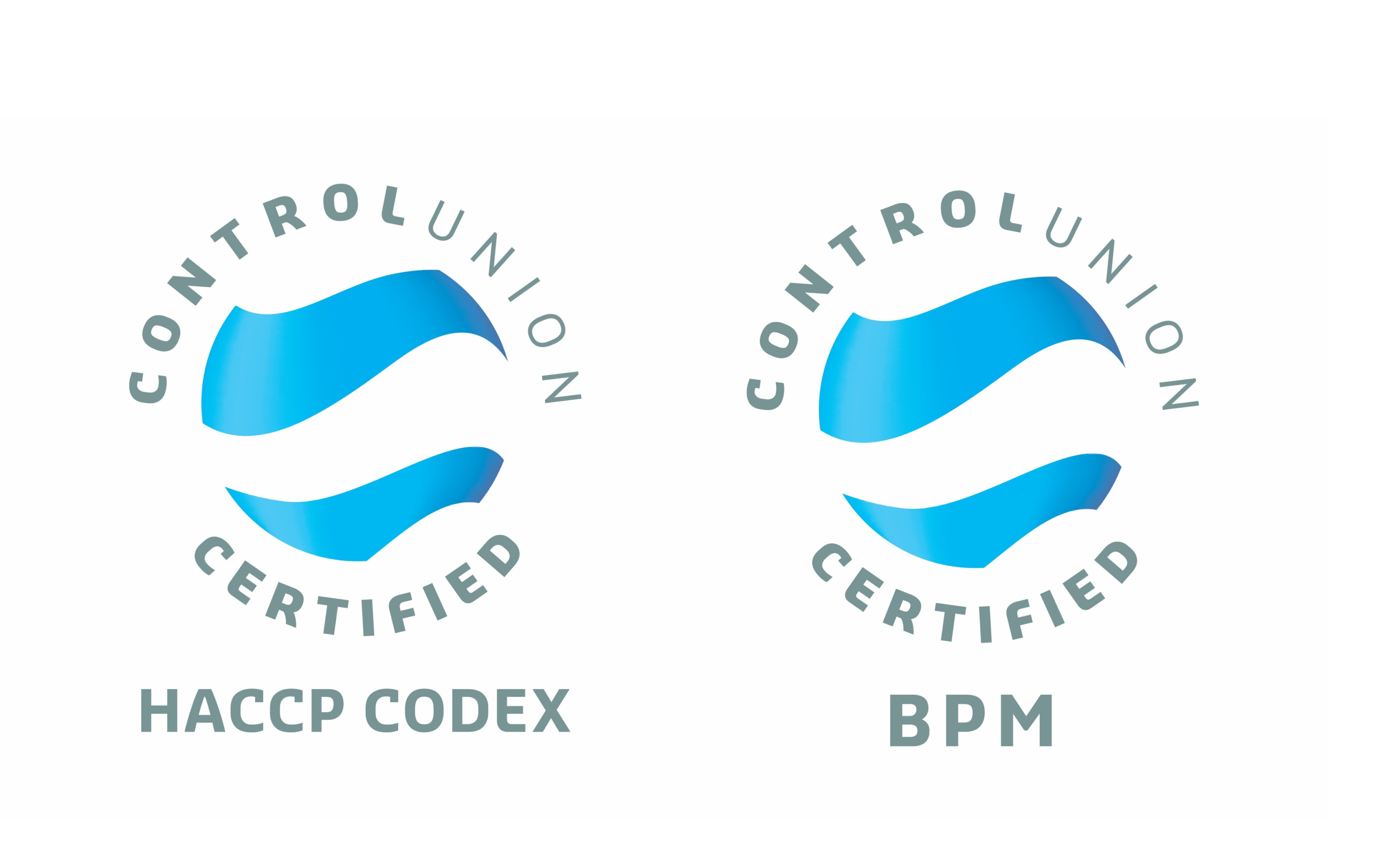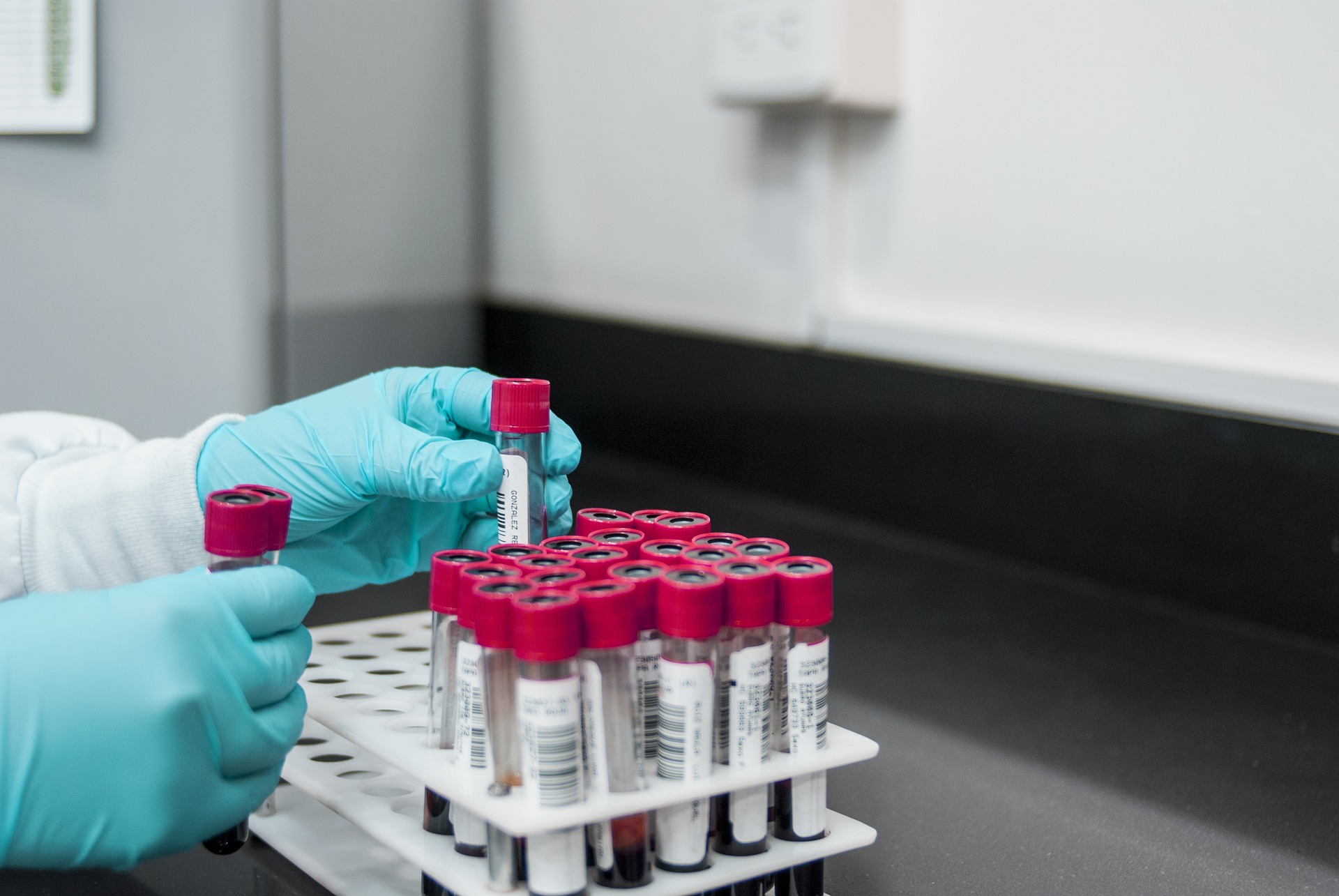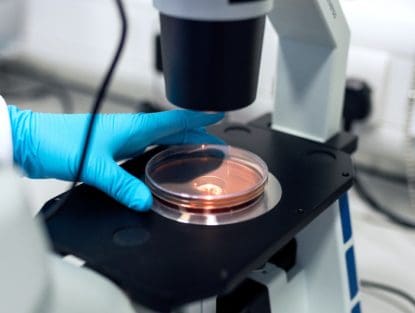
HACCP – Hazard Analysis and Critical Control Points
HACCP is a food safety system based on the identification of critical or potential points in food production processes, which allows identifying and proposing prevention actions to avoid contamination of products intended for human consumption.

HACCP – Hazard Analysis and Critical Control Points
About the standard
The application of the HACCP System is focused on Hazard Analysis and Critical Control Points.
HACCP is a food safety system based on the identification of critical or potential points in food production processes, which allows identifying and proposing prevention actions to avoid contamination of products intended for human consumption.
HACCP Certification becomes a very useful tool for all companies related to the production of raw materials or finished products within the food industry. It is also the basis for implementing other more complex Food Safety certification programs such as BRCGS, FSSC 22000, ISO 22000 among others.
Requirements
The Codex Alimentarius Commission has incorporated the Hazard Analysis and Critical Control Point (HACCP) System and Guidelines for its Application into the Recommended International Code of Practice – General Principles of Food Hygiene [CAC/RCP-1 (1969), Rev. 5 (2022)].

Features
The application of HACCP offers significant advantages: more efficient processes, more effective use of resources; in addition to increasing confidence in food safety, facilitating the acquisition of new customers.

Documents

How can we help you?
Want to apply for a certification program? Our Certification team will be happy to help you.